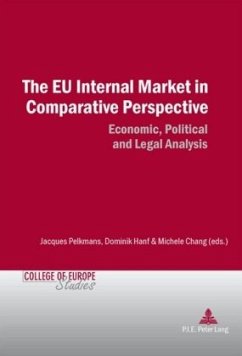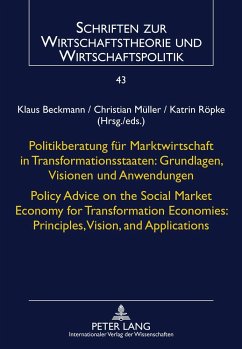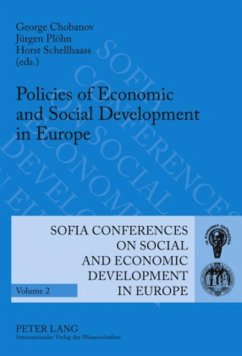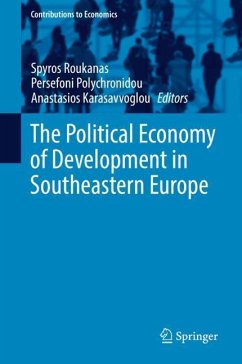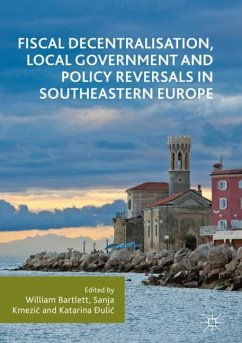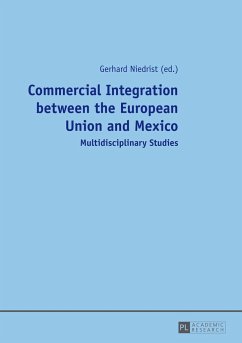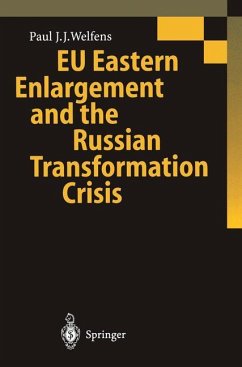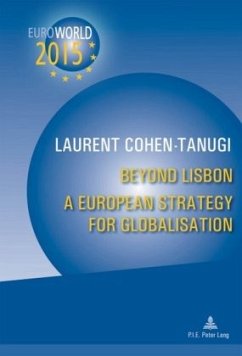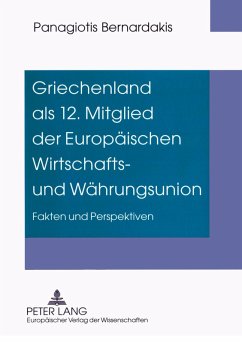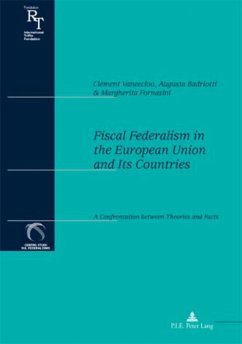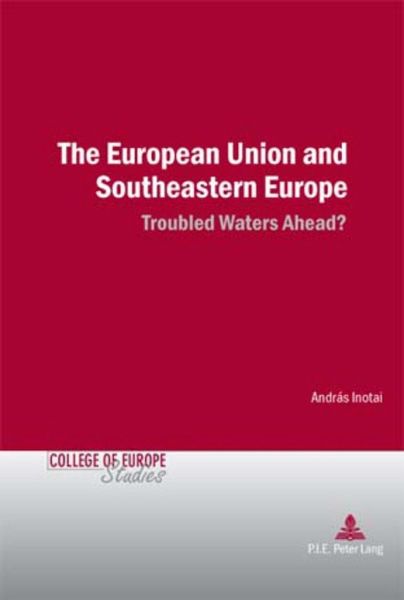
The European Union and Southeastern Europe
Troubled Waters Ahead?
Versandkostenfrei!
Versandfertig in 6-10 Tagen
90,10 €
inkl. MwSt.

PAYBACK Punkte
0 °P sammeln!
The future of Southeastern Europe and connected EU policies are a much more important issue than just guaranteeing regional stability and sustainable modernization in the "backyard of Europe". The credibility of the EU, as a global "soft power" is at stake, with far reaching consequences on the future of the European integration, affecting both further enlargement and urgently needed deepening. The strategy oriented analysis commissioned by the Friedrich Ebert Foundation Budapest is based on an interdisciplinary approach with clear emphasis on economic issues, such as global, EU-related and in...
The future of Southeastern Europe and connected EU policies are a much more important issue than just guaranteeing regional stability and sustainable modernization in the "backyard of Europe". The credibility of the EU, as a global "soft power" is at stake, with far reaching consequences on the future of the European integration, affecting both further enlargement and urgently needed deepening. The strategy oriented analysis commissioned by the Friedrich Ebert Foundation Budapest is based on an interdisciplinary approach with clear emphasis on economic issues, such as global, EU-related and intra-regional trade, foreign direct investments, labour market, migration and financial transfers. Domestic developments and EU relations of the individual Southeastern European countries are compared to each other and to the experience of other transforming countries of Central and Eastern Europe, already full members of the European Union. Special attention is paid to conditionality requirements, recent changes and ongoing dilemmas of the EU's strategy towards the Western Balkans in a critical period of the region, both regarding their different speed and quality of preparing for full-fledged membership and the potential consequences of the future status of Kosovo.



